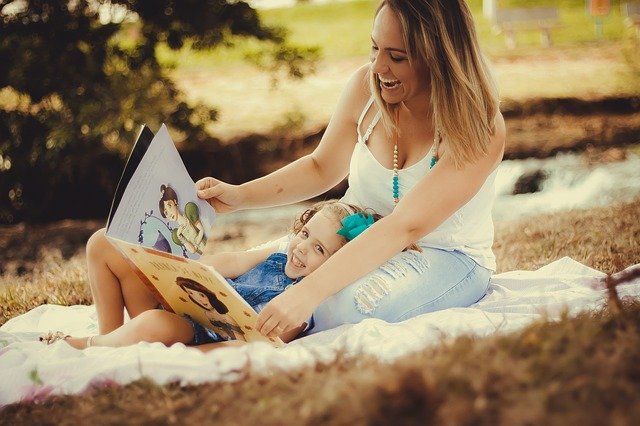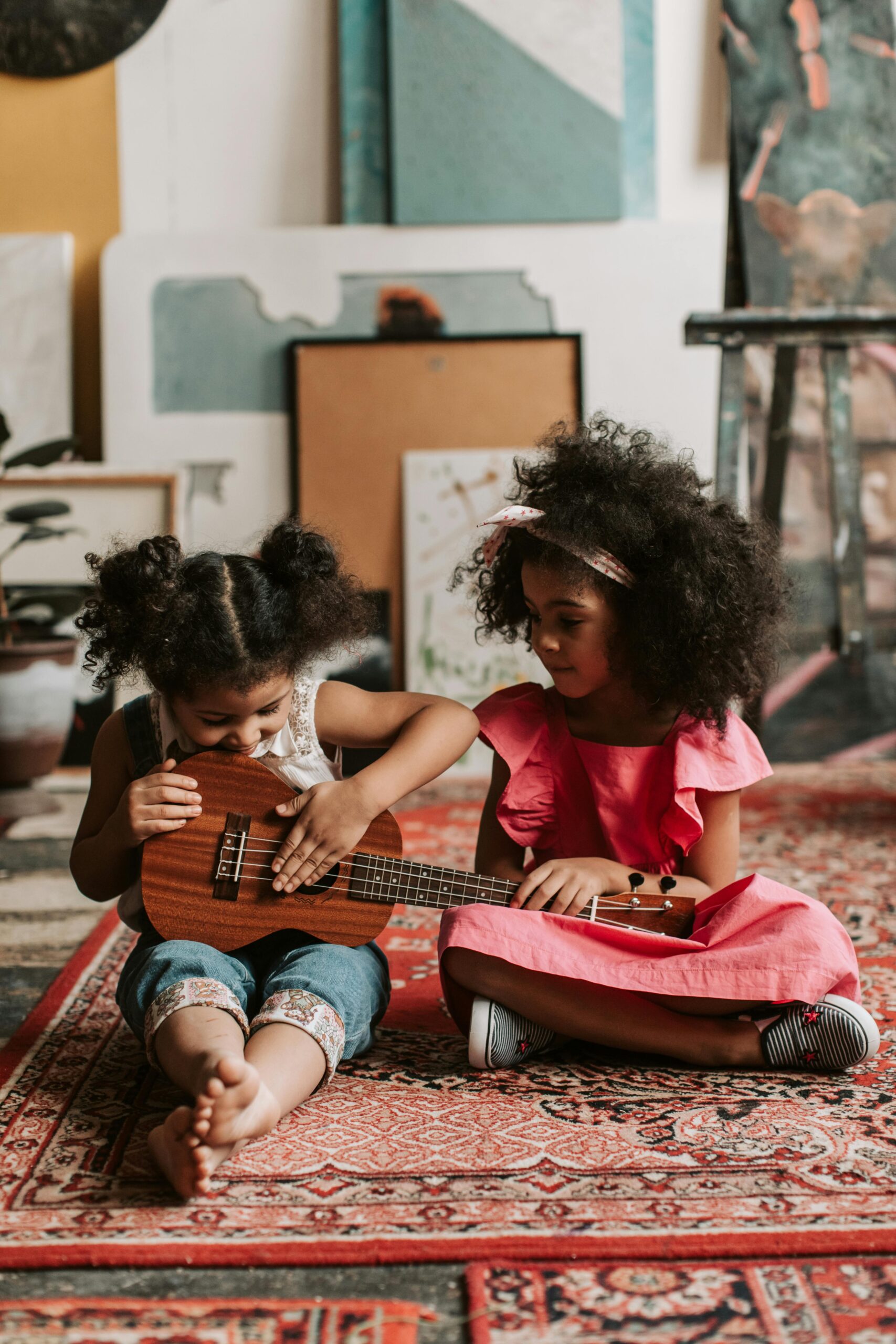Mental health problems affect about 1 in 10 children and young people. They include depression, anxiety, and conduct disorder, and are often a direct response to what is happening in their lives. Alarmingly, however, 70% of children and young people who experience a mental health problem have not had appropriate interventions at a sufficiently early age.
The emotional wellbeing of children is just as important as their physical health. Good mental health allows children and young people to develop the resilience to cope with whatever life throws at them and grow into well-rounded, healthy adults. Equipping our children begins from the time they are born and is heavily impacted by consistency, predictability, and acknowledgement that children communicate through play.
If we recognize that play is the language of a child and that they can and will communicate their thoughts, ideas, and concerns during play then it makes perfect sense to not only encourage play but to join our children in the act of play. In comparison, maybe you have experienced the following. You ask your child how they are feeling or what is wrong. Perhaps the response was a shrug of the shoulders, a brief answer with little detail, crying, yelling, or shutting down. On the other hand, when a parent begins to play with their child noticing what they are choosing to play with, how their body looks while playing, or what they say, it quite often can give the parent a much clearer window into their emotions and thoughts. This applies to teens as well. They are more likely to interact and share while engaged in a game, while kicking a ball, or working on a project together.
Consider this list of things that help keep children and young people mentally well in addition to having time and the freedom to play, indoors and outdoors.
- feeling loved, trusted, understood, valued and safe
- being interested in life and having opportunities to enjoy themselves
- being hopeful and optimistic
- being able to learn and having opportunities to succeed
- accepting who they are and recognizing what they are good at
- having a sense of belonging in their family, school, and community
- feeling they have some control over their own life
- having the strength to cope when something is wrong (resilience) and the ability to solve problems.
- being in good physical health, eating a balanced diet and getting regular exercise
- being part of a family that gets along well most of the time
As parents we can do our very best to keep our children mentally healthy however the statistics show that fifty percent of mental illness begins by age 14, and three-quarters begins by age 24.
What are the signs that my child needs to see a mental health professional?
Consider seeking help if you notice changing eating or sleeping habits, engaging in destructive behaviors, self-destructive behaviors, extreme feelings of sadness or worry, behaving badly impacting life at school or home, isolating from friends, regressing such as bedwetting or clinginess, increased physical complaints, or talks about death frequently.
If your child is experiencing suicidal thoughts, contact the National Suicide Prevention Lifeline at 1-800-273-8255 for support and assistance from a trained counselor. If you or a loved one are in immediate danger, call 911.
Trained mental health professionals include Psychologists, Clinical Social Workers, Psychiatrists, Mental Health Nurse Practitioners, Licensed Mental Health Counselors, and Licensed Creative Art Therapists. To speak with an LCAT please fill out the form on the contact us tab.
World Music Therapy Week 2024
This blog was written by Robin Neary and Amy Thomas. Happy World Music Therapy week! It brings us joy to know that all around the world music therapists are coming together to celebrate and educate our communities on our profession. This year, Upstate Music Therapy...
The Planets: A Story Orchestra
Blog post written by Abby Hamel On April 8th, 2024, an out-of-this-world event will occur: the solar eclipse! Rochester is lucky enough to be in the path of totality for this eclipse and I can feel the excitement around me. The Planets by Helen Mortimer is the newest...
Children’s Songs That Won’t Drive You Mad
Blog written by Rebecca Szalay If you are the parent of a young child, chances are you have a CD or playlist of young children’s songs that you listen to everywhere, especially in the car. You may also find yourself singing “Baby Shark” in the grocery store because...




